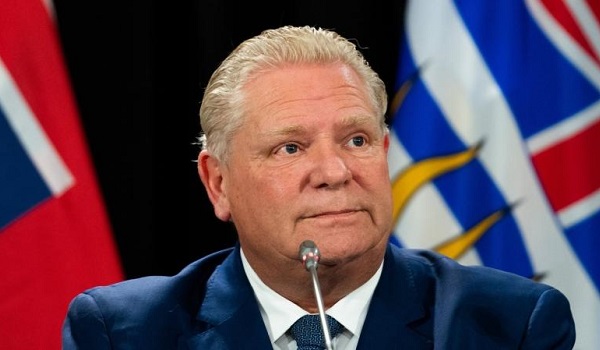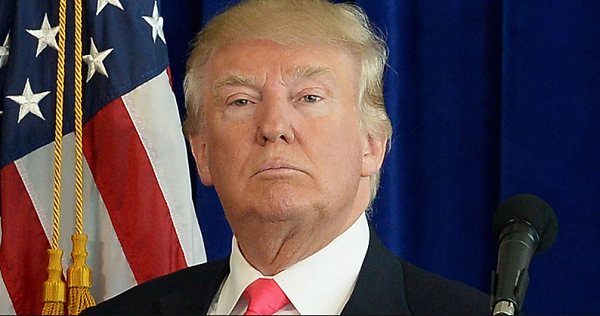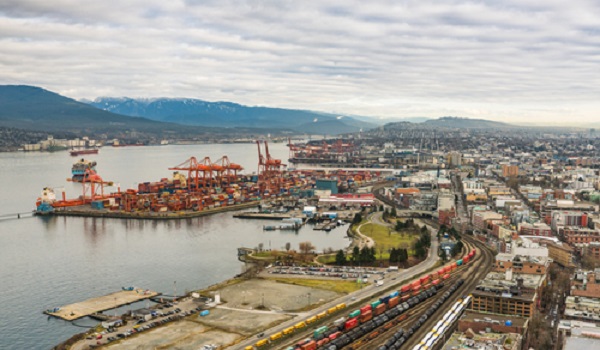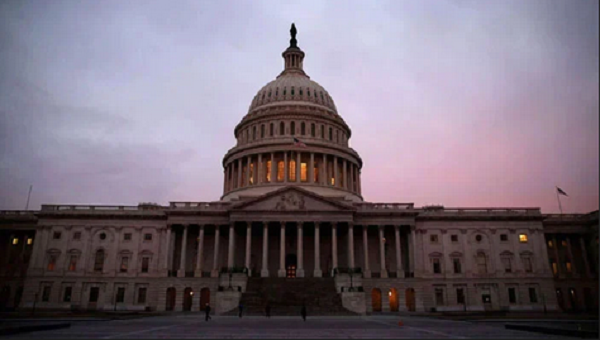Ontario government’s attempts to evade lawsuit face criticisms
The Ontario government of Premier Doug Ford has embedded clauses in some of its recent legislation that are aimed at both immunizing itself from lawsuits and short-circuiting the ability of judges to review some of its decisions – moves it may soon have to defend in court.
Legal experts say the province has wide latitude to pass laws that restrict its own liability. But some critics have raised questions about the scope of Ontario’s attempts to evade lawsuits and even argue the government has overstepped its constitutional boundaries by trying to shield itself from judicial review.
Erika Chamberlain, the dean of law at Western University in London, Ont., said Ontario’s various attempts to legislate away potential legal problems appear to outstrip those in other provinces.
“I don’t like to use the term ‘unprecedented’ too frequently but it does seem like we are moving into territory that we haven’t been in,” Prof. Chamberlain said in an interview.
In its legislation last fall that reversed its controversial plans to allow housing on parts of the province’s protected Greenbelt area, the Ford government inserted legal immunity provisions not unlike those included in the 2005 bill that established the protected zone. But the current government’s language goes much further, blocking court awards even if the government or its former employees engaged in “misfeasance” or “bad faith,” terms that refer to abusing or overstepping their powers.
In addition, the Ford government’s Greenbelt retreat legislation also singles out and unilaterally erases a legal settlement it made with a developer, Minotar Holdings Inc., with whom Ontario had been in court for years over the designation of Greenbelt land in Markham. Minotar had settled its case when the government included its land among the properties pulled out of the Greenbelt. But the government then stuck the property back in. The company has since launched a constitutional challenge of the decision.
Most recently, the Ford government has tried to pull the rug out from under an application for a judicial review filed by critics of its plan to redevelop the Ontario Place site on Toronto’s waterfront, where it has tapped an Austrian company to build a large spa and waterpark.
Last fall, Ontario Place for All, an advocacy group that opposes the deal and wants a public park on the site instead, challenged the government’s decision that the project was a private-sector initiative that did not require a formal environmental assessment.
In a bill passed in December, the government simply declared outright that the spa project did not require an environmental assessment or have to comply with heritage laws, regardless of the existing rules. Ontario Place for All has vowed to fight a government motion filed in court last month that cites the new law as the reason to toss out the group’s case.
Another advocacy group, Ontario Place Protectors, has asked the Ontario Divisional Court for a judicial review of the bill, which the group says violates the rules of natural justice and procedural fairness, the rule of law and the “principles of public trust.”
It’s not the first time the Ford government has passed legislation to retroactively quash a judicial review. In 2021, the government faced a legal challenge from two environmental groups over a directive known as a minister’s zoning order (MZO) that would have allowed a warehouse on a wetland east of Toronto, in violation of provincial policy. The government simply passed legislation deeming that MZOs did not need to comply with provincial policy, and never did.
Laura Bowman, a lawyer with Ecojustice, which took on that case, argues this kind of retroactive rewriting of the rules violates the Constitution’s separation of powers between the legislative and judicial branches of government. In effect, she said, allowing this practice would mean governments need never worry about breaking their own laws, as they can just change them after the fact.
“It really is a challenge to the idea of the rule of law,” Ms. Bowman said in an interview.
Allan Hutchinson, a professor at Osgoode Hall Law School, said the principle of parliamentary supremacy means legislatures, and elected officials, have the last word. But he said judges would push back against any government that attempts to completely shut out any scope for a judicial review.
“They can pass any legislation they want,” Prof. Hutchinson said. “But they can’t keep the courts out.”
Asked about the Ontario Place cases, the government declined to comment on matters before the courts.
Andrew Kennedy, a spokesperson for Attorney-General Doug Downey, defended the immunity clauses included in the Greenbelt legislation, saying in an e-mail that they had been common for decades and are needed to minimize costs to taxpayers and delays owing to litigation.
Previous Ontario governments have also made attempts to limit judicial oversight of some of their actions. But Mr. Ford’s government has made it a recurring theme, almost from the start. In 2019, his government passed legislation designed to strictly limit lawsuits against it. However, the Ontario Court of Appeal shot down the government’s broad interpretation of the law’s protections in a 2021 ruling, allowing a class action on solitary confinement in Ontario jails to proceed.
The Premier has previously struck back at court rulings that haven’t gone his way. In 2018, right after he was first elected, Mr. Ford first threatened to use the Constitution’s notwithstanding clause, which allows the suspension of parts of the Charter of Rights and Freedoms, when a judge tossed out his move to cut Toronto’s city council almost in half.
Mr. Ford later became the first Ontario Premier to actually use the clause, for legislation imposing ad-spending limits in elections – a law now due to go before the Supreme Court of Canada in May. He again invoked the notwithstanding clause (but later withdrew it) in 2022, in an attempt to strip the right to strike from an education union.
Toronto NDP MPP Chris Glover said the Ford government’s recent legal moves fit into a disturbing pattern, noting that its Ontario Place legislation even goes so far as to exempt the site from city noise bylaws.
“This is part of a bigger attack on our democratic rights in this province,” Mr. Glover said in an interview. “We should have the right to take our government to court, if they are breaking the law. And they have put themselves above the law.”
This article was reported by The Globe and Mail














